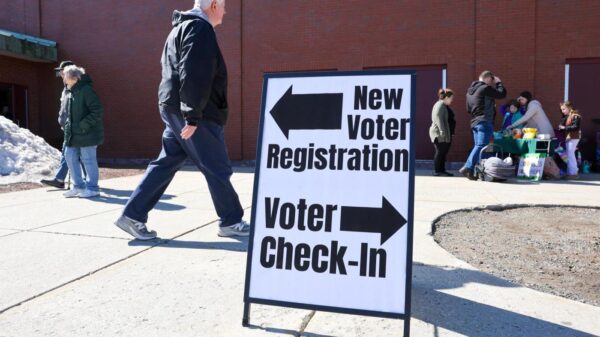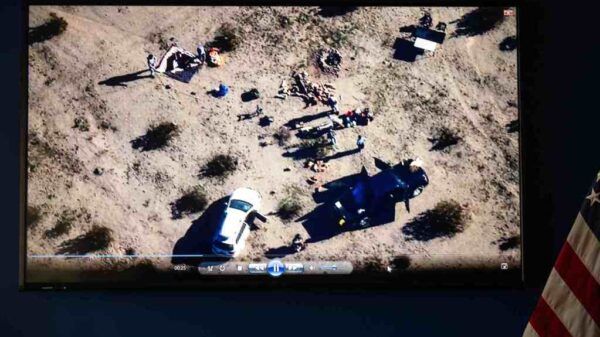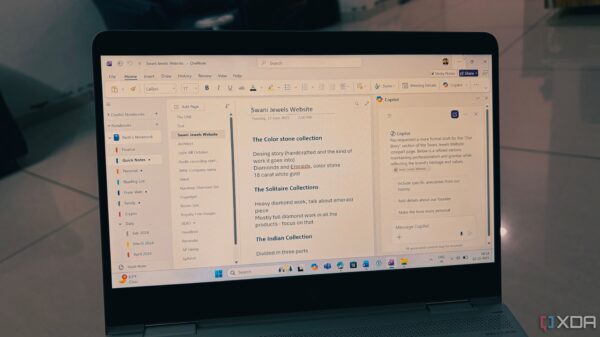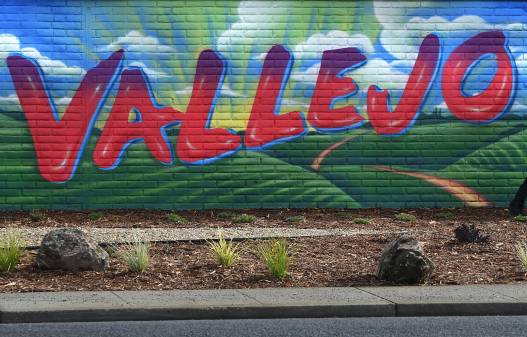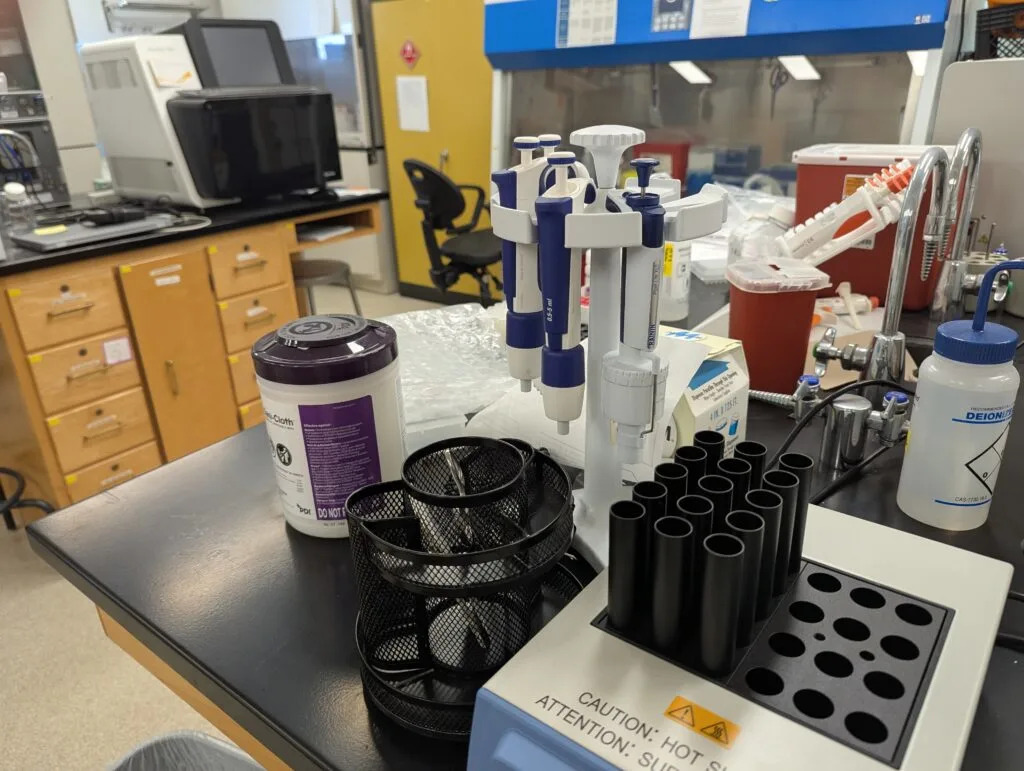UPDATE: Five tribes in South Dakota have urgently called on Congress to restore funding for a critical genetics project based at the Native BioData Consortium laboratory in Eagle Butte. The funding for the $7 million Tribal Data Repository project was abruptly cut in March, impacting vital COVID-19 research efforts.
The tribes, including the Oglala, Cheyenne River, Rosebud, Lower Brule, and Standing Rock Sioux Tribes, sent letters to U.S. Rep. Dusty Johnson urging him to intervene. They highlight that the project is essential for protecting tribal communities during pandemics and fostering trust between tribes and the scientific community.
The Native BioData Consortium, a nonprofit lab, received the largest share of the project’s funding, approximately $3 million. However, only about a third of this amount was utilized before funding was revoked. The tribes emphasize that the repository is crucial for ensuring Indigenous control over health and genetic data, creating a secure database for tribal health information.
The project aims to establish a centralized, Indigenous-led database that empowers tribes to control their data’s usage. It addresses long-standing concerns about genetic data privacy, especially following historical grievances over unauthorized use of tribal genetic information.
Joseph Yracheta, executive director of the Native BioData Consortium, stated, “All we want to do is be a safe harbor.” He pointed out that tribal governments have been hesitant to share genetic data without guarantees against misuse. The lab’s work also includes educational initiatives for Native American students and future plans for a large-scale genetics facility.
With the COVID-19 pandemic disproportionately affecting tribal populations, the need for this repository is more pressing than ever. A recent publication in the journal Nature highlights that Indigenous communities have historically been wary of sharing genetic data due to concerns over ethical practices in biomedical research.
In June, the NIH informed the project team that no additional funding would be available as COVID-19-related research had largely ceased. The tribes’ letters to Rep. Johnson were sent about a week ago, requesting quick action to restore funding, which they argue would benefit not only tribal communities but also enhance the scientific landscape in South Dakota.
In response, a spokeswoman for Johnson’s office confirmed they are “looking into it and in contact with NIH.” Meanwhile, the office of Senator Mike Rounds has shown some interest, asking for more information about the project’s funding history, while Senator John Thune‘s office has yet to respond.
The urgency of restoring funding for this project cannot be overstated. As tribal leaders await a response from Congress, the future of the repository—and the essential health data it aims to safeguard—hangs in the balance. The tribes are committed to ensuring that their voices are heard and their data is protected, as they navigate the complexities of biomedical research and tribal sovereignty.
Stay tuned for further updates as this story develops.









